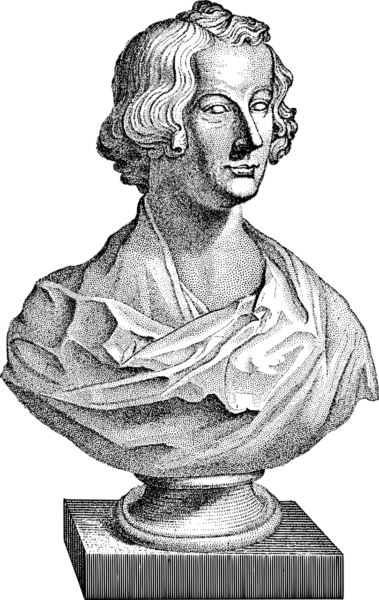George Orwells 1984 is a dystopian novel that has become a timeless classic in the literary world


Published in 1949, the book depicts a totalitarian society ruled by the Party, led by Big Brother. The story revolves around the protagonist, Winston Smith, who rebels against the oppressive regime and struggles to maintain his individuality in a world where independent thought is forbidden.
“1984” is a thought-provoking and chilling portrayal of a future society where surveillance, propaganda, and manipulation are rampant. Orwell paints a bleak picture of a world where privacy is nonexistent, history is rewritten, and the state exerts complete control over its citizens’ lives. The novel explores themes of power, surveillance, and the danger of unchecked authority.
The book has garnered immense popularity and critical acclaim over the years. It has been widely studied and has become a staple in classrooms around the world. Its influence can be seen in popular culture, literature, and even political discourse. The terms “Big Brother,” “Thought Police,” and “Newspeak” have become synonymous with the novel and have entered the lexicon as symbols of authoritarian control.
One of the reasons for the enduring popularity of “1984” is its timeless relevance. Orwell’s vision of a surveillance state resonates with contemporary concerns surrounding privacy and government surveillance. The novel warns against complacency and the dangers of allowing governments to exert excessive control over individuals.
Since its publication, “1984” has undergone various adaptations and interpretations across different media. It has been adapted into films, television series, and even a ballet production. These adaptations have brought the story to a wider audience, further solidifying its status as a cultural touchstone.
In recent years, the novel has experienced a resurgence in popularity. The increased interest can be attributed to political events, such as the surveillance revelations by Edward Snowden and the discussions around “fake news” and misinformation. “1984” serves as a cautionary tale, reminding us of the importance of vigilance and critical thinking in the face of powerful institutions.
In conclusion, George Orwell’s “1984” is a literary masterpiece that continues to captivate readers with its chilling depiction of a dystopian society. The novel’s themes of power, surveillance, and the consequences of totalitarianism remain as relevant today as they were when the book was first published. “1984” serves as a stark reminder of the importance of freedom, individuality, and the need to question authority. It is a work that deserves the attention and contemplation of all those interested in exploring the impact of oppressive regimes on society and the human spirit.
FAQ
What impact has 1984 had on popular culture?
What is the main theme of George Orwells 1984?
Why has 1984 remained relevant despite being published in 1949?
Flere Nyheder
Saxofonist kunsten at give åndedræt form
Published in 1949, the book depicts a totalitarian society ruled by the Party, led by Big Brother. The story revolves around the protagonist, Winston Smith, who rebels against the oppressive regime and struggles to maintain his individuality in a wor...
01 februar 2026
Fotobog: Forevig dine bedste minder
Published in 1949, the book depicts a totalitarian society ruled by the Party, led by Big Brother. The story revolves around the protagonist, Winston Smith, who rebels against the oppressive regime and struggles to maintain his individuality in a wor...
31 juli 2025
Den ultimative guide til at vælge en erhvervsfotograf I Fredericia
Published in 1949, the book depicts a totalitarian society ruled by the Party, led by Big Brother. The story revolves around the protagonist, Winston Smith, who rebels against the oppressive regime and struggles to maintain his individuality in a wor...
04 juli 2025
Erhvervsfotografering i Aalborg: Skab en visuel identitet
Published in 1949, the book depicts a totalitarian society ruled by the Party, led by Big Brother. The story revolves around the protagonist, Winston Smith, who rebels against the oppressive regime and struggles to maintain his individuality in a wor...
03 marts 2025











